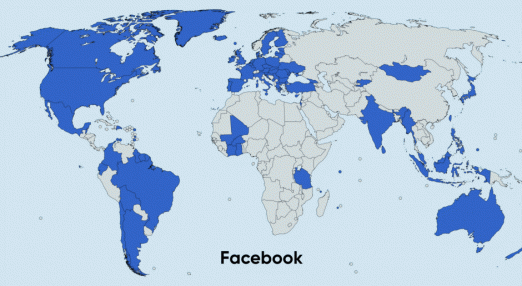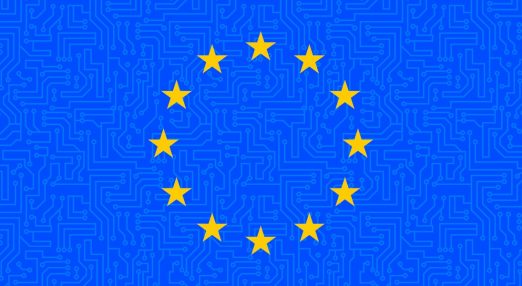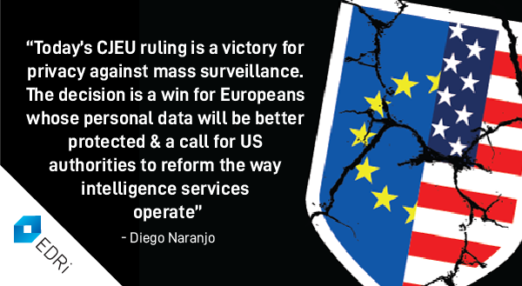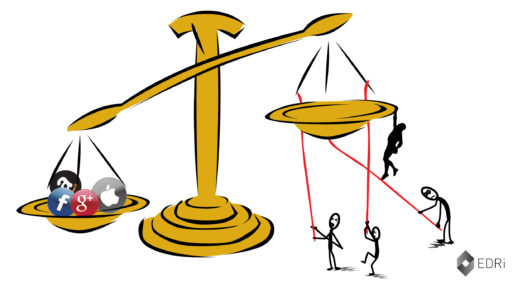Filter by...
-

Algorithms of trauma: New case study shows that Facebook doesn’t give users real control over disturbing surveillance ads
A case study examined by Panoptykon Foundation, EDRi’s member in Poland, and showcased by the Financial Times, demonstrates how Facebook uses algorithms to deliver personalised ads that may exploit users’ mental vulnerabilities.
Read more
-

Facebook’s dominance makes it difficult to question the truth
What we as a society understand as true is changeable, and questioning the truth can only be done with a healthy public debate. But the dominance of the platforms that facilitate our public debate makes difficult.
Read more
-

Move fast and break Big Tech’s power
The surveillance-based business model of the dominant technology companies is based on extracting as much personal information and profiling as possible to target individuals, on- and offline. Over time, Big Tech corporations build a frighteningly detailed picture about billions of individuals—and that knowledge directly translates into (market) power.
Read more
-

How one word took an entire organization off the air
EDRi's member Bits of Freedom cannot share this blog post with their supporters on Facebook. The reason for this: the word "QAnon" appears in it. This single word was all it took to have the Facebook page of The Hmm and that of its three administrators removed.
Read more
-

Thousands Expected to Sue Facebook in Mass Action Against Privacy Breach
EDRi's member Digital Rights Ireland (DRI) will sue Facebook to recover damages for those affected by the recent breach of personal data by Facebook, a first for legal actions against tech companies in Europe. See how you can join the lawsuit if you were affected.
Read more
-

Why Facebook’s proposed hate speech policy on Zionism would only add fuel to the fire
Pressured to combat surging hate speech and anti-Semitism on its platform, Facebook is looking into how it should moderate the use of the word “Zionist,” and whether to add the term as a protected category under its hate speech policy. EDRi's member Access Now doesn’t think that is a good idea, particularly given Facebook’s inability to strictly adhere to human rights principles in its content moderation practices.
Read more
-

Online political ads – a study of inequality in transparency standards
In its new report, EDRi member PI looks into the implementation of transparency tools by Facebook, Google and Twitter in relation to political advertising. This work was produced in collaboration with partner organisations InternetLab and ELSAM.
Read more
-

Big Tech’s dominance: only laws can limit its power
Big Tech companies like Facebook have grown so large that the U.S. antitrust authority F.T.C. is considering breaking them up. We need laws that limit the power tech firms wields over our lives.
Read more
-

A victory for us all: European Court of Justice makes landmark ruling to invalidate the Privacy Shield
Today, 16 July 2020, the Court of Justice of the European Union (CJEU) invalidated the EU-US Privacy Shield. The ruling proves a major victory for EU residents on how their personal data is processed and used by platforms like Facebook.
Read more
-

Cryptocurrency scammers flood Facebook users with manipulative ads
Scammers using fake Forbes articles and anti-EU disinformation as bait continue to target Facebook users across Europe, the EDRi member Metamorphosis Foundation has warned.
Read more
-

UK: Stop social media monitoring by local authorities
Would you like your local government to judge you by your Facebook activity? In a recent study, we investigated how local authorities (Councils) in Great Britain are looking at social media accounts as part of their investigation tactics on issues such as benefits, debt recovery, fraud, environmental investigations, and children’s social care.
Read more
-

Competition law: Big Tech mergers, a dominance tool
This is the third article in a series dealing with competition law and Big Tech. The aim of the series is to look at what competition law has achieved when it comes to protecting our digital rights, where it has failed to deliver on its promises, and how to remedy this.
Read more
